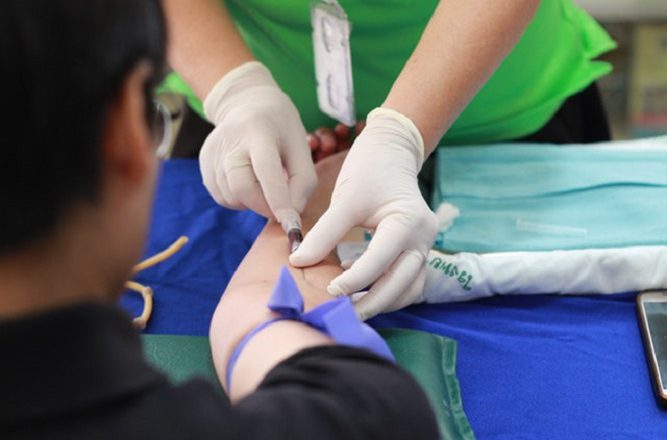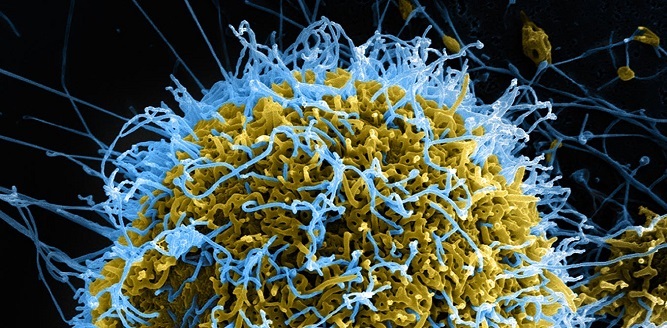What to expect as colleges and universities move classes online amid coronavirus fears: 4 questions answered
Rising concerns about the spread of the new coronavirus have led a growing number of colleges and universities to cancel in-person classes and move them online. Vanessa Dennen, who studies teaching and learning on the web, discusses what going online will mean for college students and instructors.
1. How hard will it be?
Moving classes online in the midst of an emergency isn’t unprecedented. It’s been done before with local disasters, such as hurricanes and earthquakes. But contending with COVID-19, the disease caused by the new coronavirus, is a different situation. This is a global problem. A sudden shift to temporary or long-term online learning poses a challenge for brick-and-mortar universities to quickly scale up their online learning offerings under less than ideal conditions.
It w...






